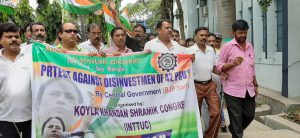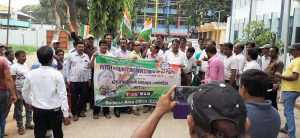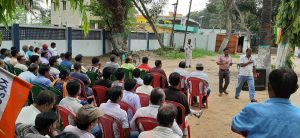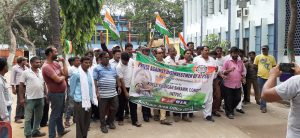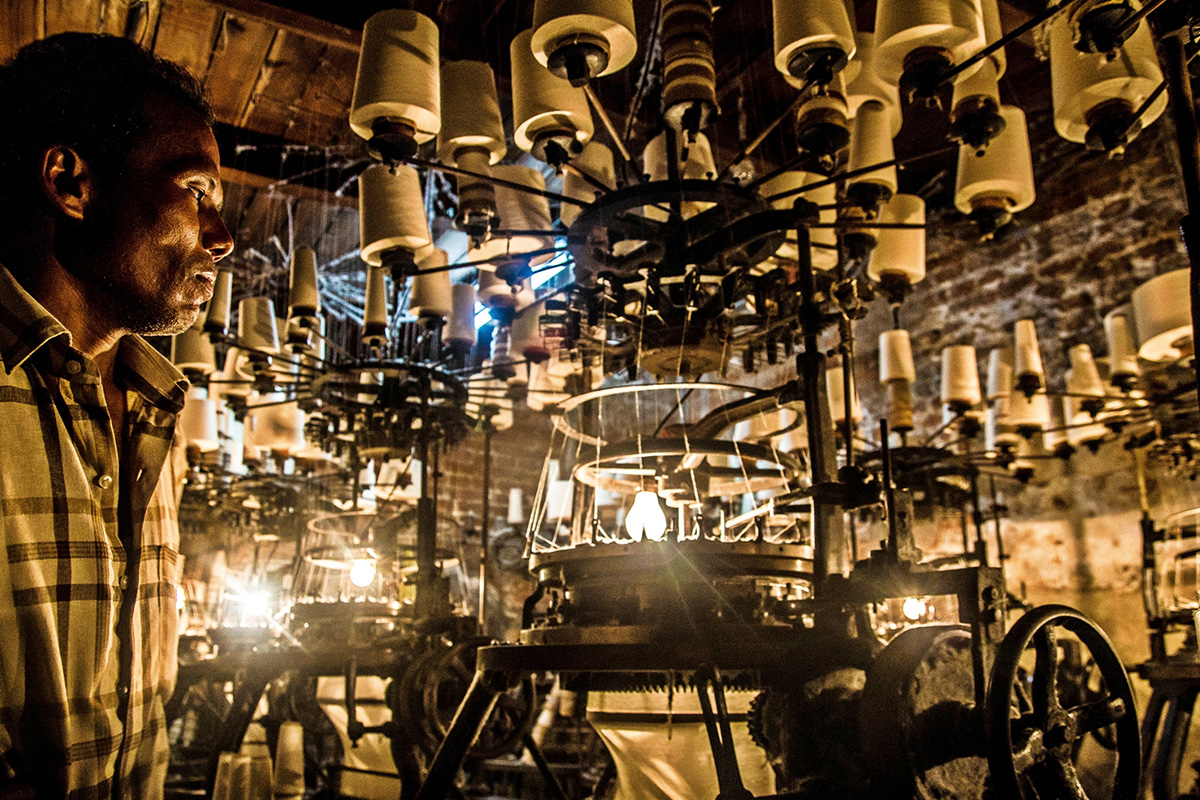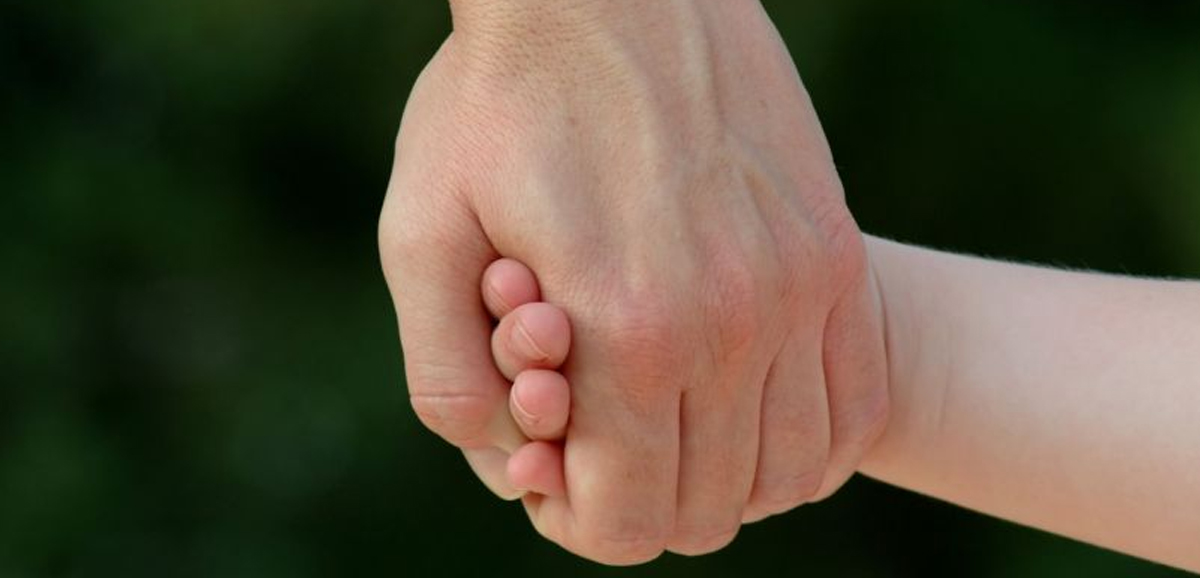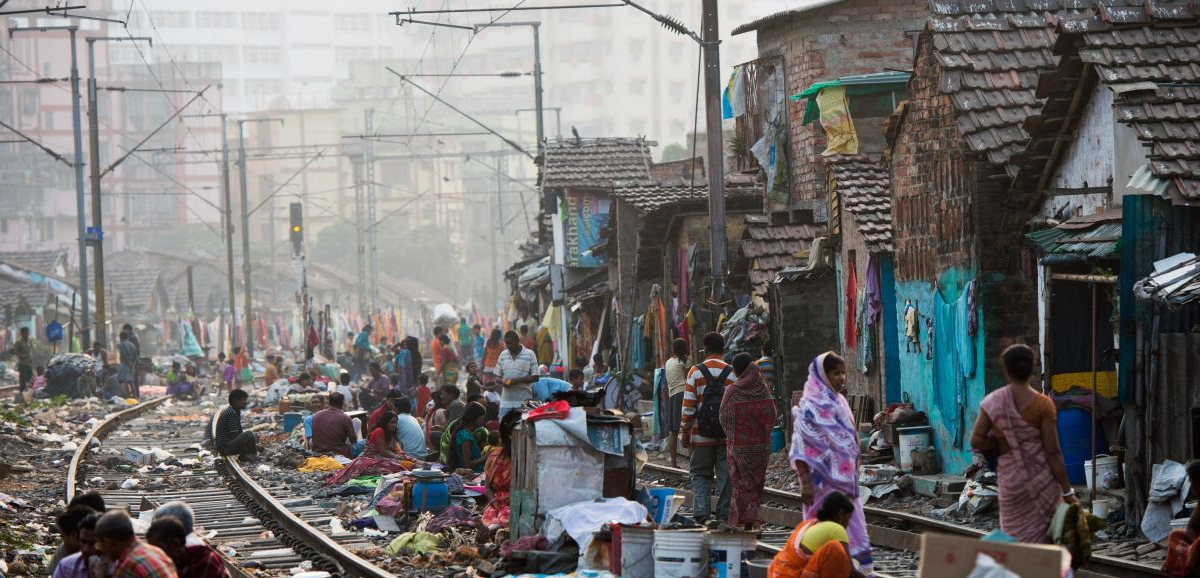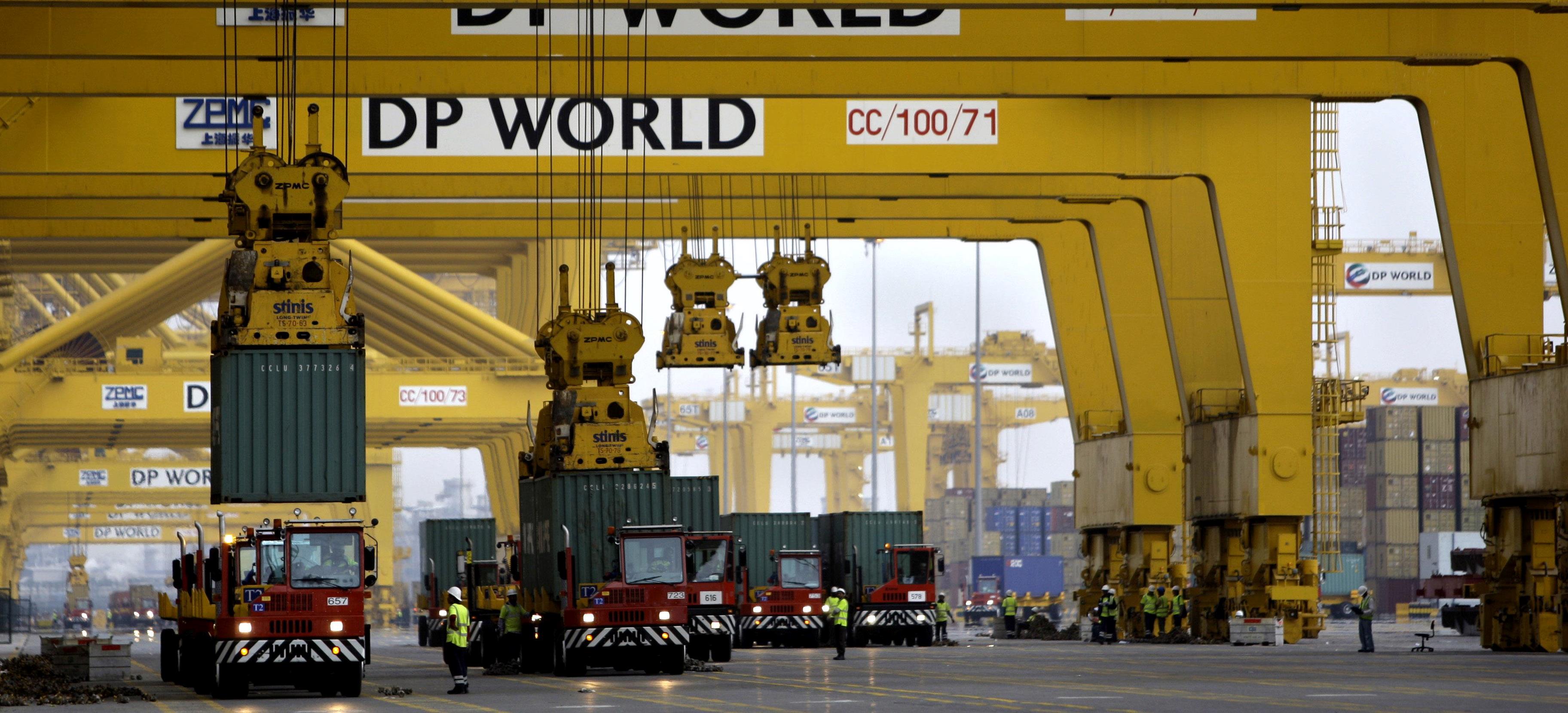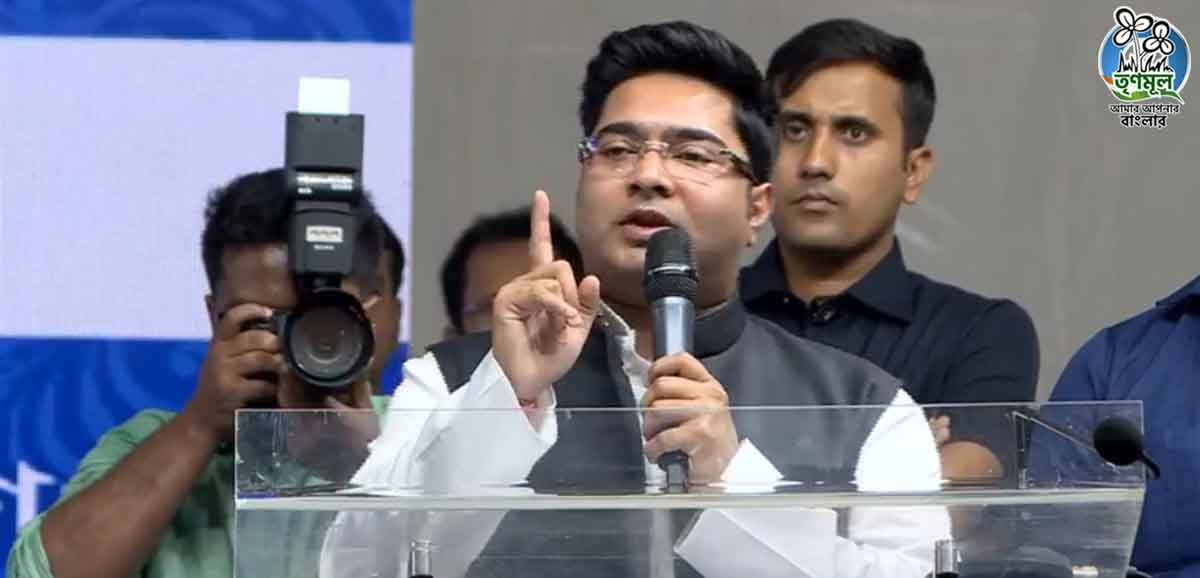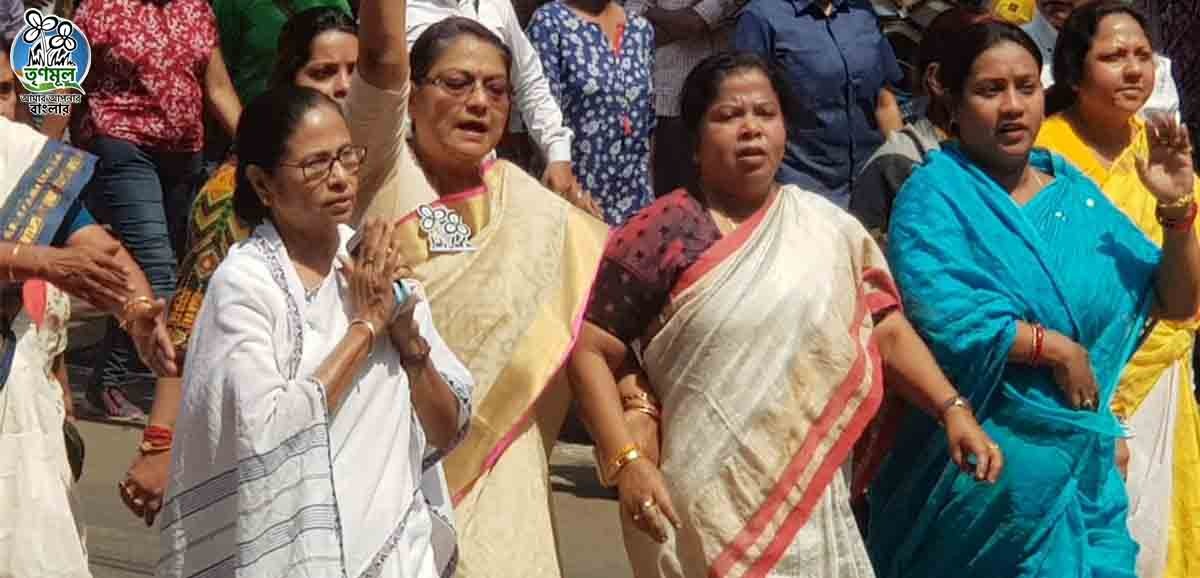Trinamool Chairperson addressed a public meeting in Dum Dum constituency (North 24 Parganas district) today. She said that the BJP is scared of losing, and so Narendra Modi and Amit Shah are attacking everybody in sight. Hence, it is time to oust the BJP from power and bring all like-minded parties together to form a progressive government at the Centre.
Highlights of her speech:
Modi and Amit Shah are scared of losing, hence they are attacking everybody in sight.
Reporters often ask me about violence in elections in Bangla. I want to tell them, why don’t you write about panchayat elections in Tripura where 98% seats were uncontested? Or about MP, Chhattisgarh and other States, where elections are not even held in many seats?
I still remember the senseless tortures the CPI(M) had inflicted on the people of the State for working for my party over the years. Singur and Nandigram were only the latest feathers in the cap of their long story of torture.
I have never seen a prime minister who could stoop so low as to call me a ‘tolabaj’ (extortionist).
Modi comes here and says that I have done nothing. Actually he is jealous of me for the way we have transformed Bangla in eight years.
You have not done anything for the poor. You did nothing for Gujarat. In UP, the BJP has created gau raksha committee and killed people, and killed people in staged encounters. For doing all these and more, you will lose badly across the country.
I have all the information about my State at my fingertips – on the other hand, the prime minister has no idea about anything, and comes here and says that we have not done anything.
Modi behaves as if Ram is his election agent, the way he takes his name for everything.
Modi comes here and says that I don’t allow Durga Puja and Saraswati Puja – these are big lies.
I am a Hindu but I look upon people of all religions with equal respect – I believe in unity in diversity.
We, Trinamool Congress, are the only party that has protested against the atrocious policies of the BJP ceaselessly over the last five years.
Jet Airways, BSNL, Dunlop, Jessop – the BJP Government is determined to finish off all the companies. The Centre has not even signed a Bill which would have enabled us to take Dunlop and Jessop over and make them profitable again.
Modi has not given us anything. On the other hand, we have to pay Rs 50,000 crore every year as repayment for debt. What he does instead is take away all our (and other States’) collections from customs duty, excise duty and cess, and give back only 7% of the amount.
What they are doing is dangerous and worse than emergency. They removed Amartya Sen from Nalanda University. The RSS has captured Belur Math and replaced all Swamijis. I wanted to visit Chicago. Everything was ready. But in the last moment, Ramakrishna Mission wrote to me saying the programme has been cancelled “due to unavoidable situation”. Later I learnt, RSS-VHP threatened them
Names of 22 lakh Bengali Hindu and 22 lakh Bengali Muslims have been excluded in the Assam NRC. Even names of Biharis and people from various States have been excluded.
This election is crucial, ti will determine whether the country and its institutions as we know them will exist, even whether elections would ever be held again and the Constitution would remain sacred.
